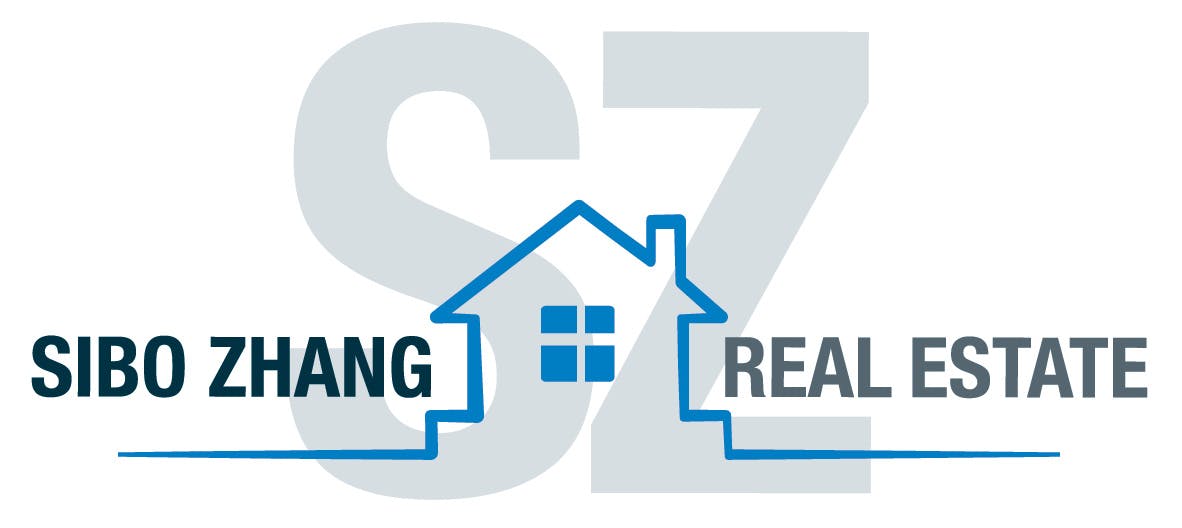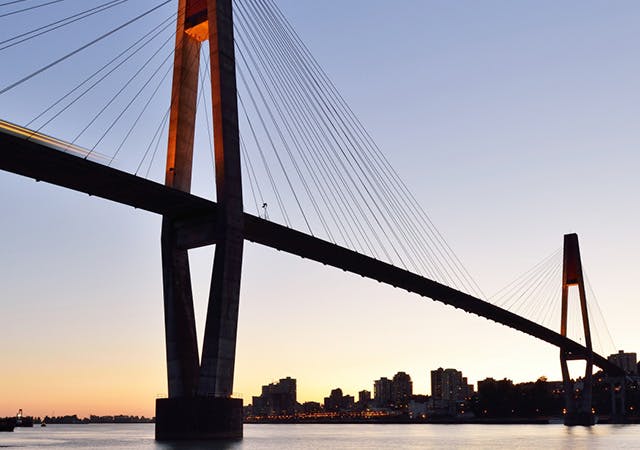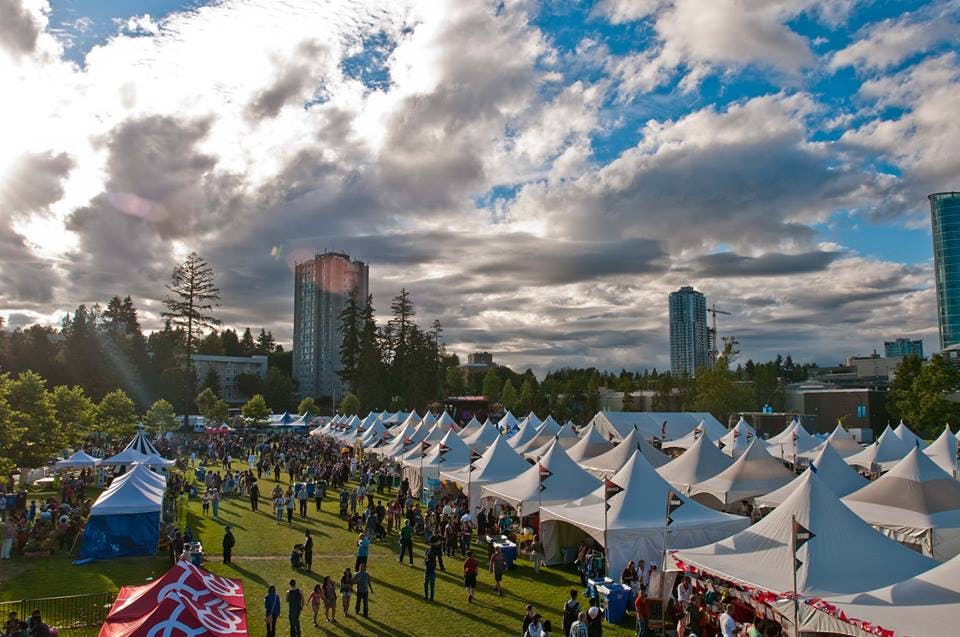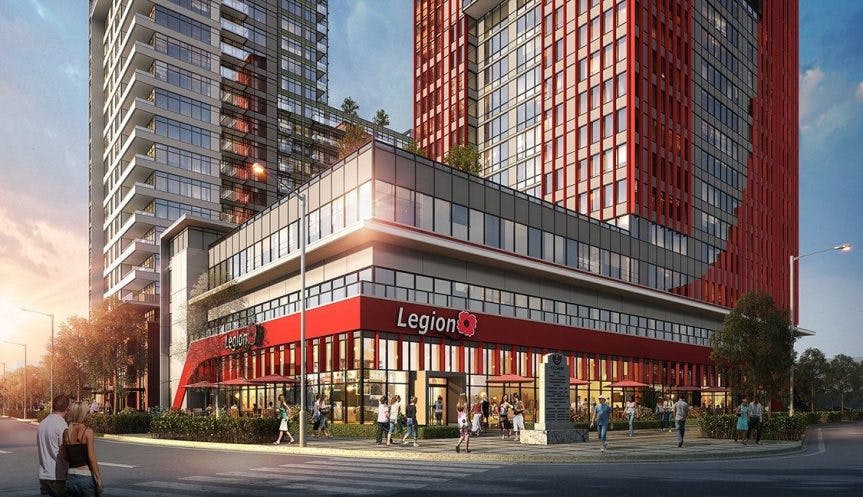Now that July is here and kids are out of school for the summer, it’s time again to post some of the great activities happening this month in Surrey. Our Canada Day celebration on July 1 was a super way to kick of this month and was a great success with entertainment and activities for the whole family at the Bill Reid Millennium Amphitheatre. Here are some other activities for the rest of July.
A fun way to stay cool: swimming
If you are looking for somewhere to stay cool when the July weather gets hot in Surrey there are public swimming pools which are now open until September, and they’re free! Try a pool in your area. There are great outdoor pools in all around Surrey so you won’t have to drive a long way to find one. Here’s a list of neighbourhood outdoor pools:
- Sunnyside Outdoor Pool at 15433 – 26 Avenue in South Surrey
- Bear Creek Outdoor Pool at 13820 – 88 Avenue in North Surrey
- Kwantlen Outdoor Pool at 13035 – 104 Avenue in North Surrey
- Unwin Outdoor Pool at 6845 – 133 Street in Newton
- Greenaway Outdoor Pool at 17901 – 60 Avenue in Cloversdale
- Hjorth Road Outdoor Pool at 10277 – 148 Street in Guildford
- Holly Outdoor Pool at 10662 – 148 Street in Guilford
- Port Kells Outdoor Pool at 19340 – 88 Avenue in Guildford
There are also excellent indoor pools throughout Surrey but you will need to get a recreation pass for these: Grandview Heights Aquatic Centre; North Surrey Recreation Centre; South Surrey Indoor Pool; and the Surrey Sport and Leisure Complex.
There is also a great indoor wave pool at the Newton Recreation Centre at 13730 – 72 Avenue, and thanks to sponsorship by Fortis BC sponsorship, this is a free activity for the whole family to enjoy.
Newton Days
Newton also has a special program of summer events on four Saturdays this month. July 7, 14, 21, and 28 mark the return of the second Newton Days this year. On each of these Saturdays from noon to 4:00 pm at the Newton Grove there will be a number of fun events for families to enjoy such as a farms’ market, food trucks, and a free BBQ along with lots of activities for kids like a fun zone, face painting, and a Science World demonstration. Be sure to pick up your free $5.00 Farm voucher beforehand (one customer per day) at the Newton Recreation Centre, Newton Senior Centre, Newton Library, or from the Newton BIA photo booth.
Surrey’s neighbourhood parks are also great places for families with kids to enjoy this summer. Starting July 2 and running though to August 23, each of the parks will have free sports, games, and other activities.
On July 21 at Cloverdale Youth Park and Chuck Bailey Park there will be the Surrey Rides Tournament. Whether it’s on a skateboard, scooter or bike, young riders are invited to show their skills, as well as practice, in a safe and competitive environment provided in Surrey’s various parks. The Surrey Rises event series takes place at all Surry youth parks listed here:
- Bear Creek Park, 84 Avenue and King George Blvd.
- Chuck Bailey Youth Park, Tom Binnie Park at 12458 197 A Avenue.
- Cloverdale Youth Park, 17800 64 Avenue
- Fleetwood Youth Park, 16555 Fraser Highway
- Fraser Heights Youth Park, 10588 – 160 Avenue
- Guildford Youth Park, 15105 – 105 Avfenue
- Kwantlen Youth Park, 13035 – 104 Avenue
- South Surrey Youth Park, 14601 – 20 Avenue
Nature hikes and sights
If you would prefer a connection to nature, I recommend exploring Blackie Spit Park in the Crescent Beach area of South Surrey. Here you can find birds of many kinds. As one of the best bird watching areas in Canada, there are some 200 different species throughout the year. And basking in the sun on the sandbars you will see harbour seals and their pups. You can get some great walking exercise too. The nature trail around the park is 5 kilometre long and seeing the sights in this urban forest is a great way to spend a couple of hours.
Summer Music Series
Summer is Surrey is also rich in cultural life as well. This July you can take in some excellent music at free live performances featuring music styles from Bluegrass to New Orleans Jazz. Bring a blanket with you for these evening concerts and enjoy the music in one of these lovely park settings:
- July 4 in Glades of Garden Park at 561 – 172 Street it’s Pop-eclectica with Caviar & Lace from 6:30 pm to 8:00 pm.
- July 11 in Fleetwood Park at 15802 – 80 Avenue it Celtic with Tiller’s Folloy from 6:30 pm to 8:00 pm.
- July 18 in Bear Creek Park Garden at 13750 – 88 Avenue it’s Folk Blues with Cannery Row from 6:30 t0 8:00 pm.
- July 25 in Darts Hill Garden Park at 1633 – 170 Street there’s a free concert from 6:30 to 8:00 pm. Gates open at 5 pm, but note the park does not allow pets.
- And if it’s an afternoon concert that appeals to you, then on July 13 Darts Hill Garden Park from 1:00 to 2:30 pm there’s the Razz Matazz Trio jazz concert.
Surrey Fusion Festival
Photo via: https://www.facebook.com/pg/SurreyFusionFestival/
Of course, you don’t want to miss Surrey’s annual Fusion Festival which takes place this year July 21 and July 22. This is a must attend event in Holland Park just south of the Surrey Centre Mall. The festival is a fantastic multicultural celebration of Surrey’s incredibly diverse population and this year will host over 45 cultural and community groups from around the world including more than 150 artists and performers.
These are just some of the great summer activities happening in Surrey during July. I don’t have space to describe everything there is to do, but Surrey is never without fun activities. They show you why Surrey is such a great place to live and raise a family.
Thanks for reading!
Sibo Zhang, REALTOR®









